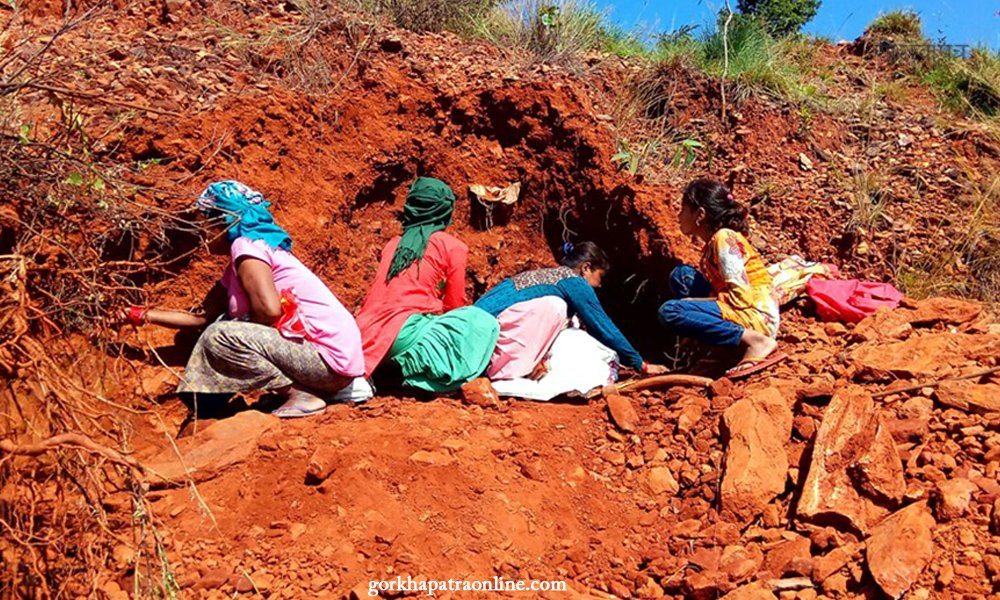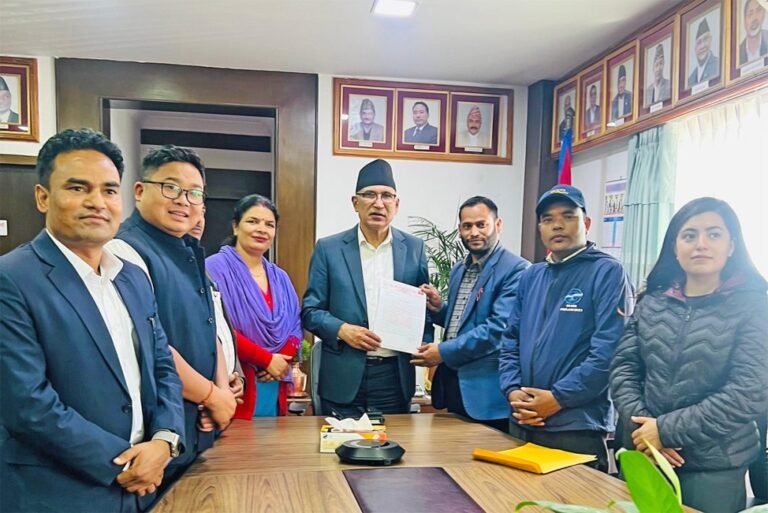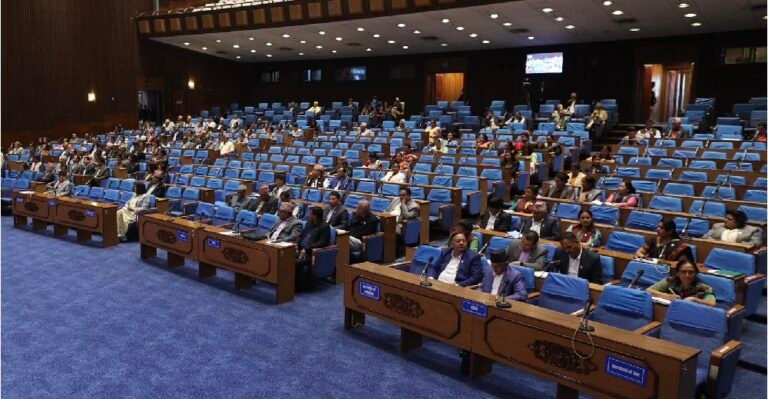Gaur Municipality Urges Withdrawal of Soil Tax
Mayor Sah says riverbed soil tax harms flood prevention efforts and burdens locals.

Rautahat: Gaur Municipality has asked the Madhes Province Government to withdraw the recently imposed soil tax. Mayor Shambhu Sah sent a letter to the Chief Minister and Council of Ministers urging the removal of the tax, citing strong local opposition.
The tax, based on the province’s economic law, allows soil extraction from river areas for a fee. However, locals who use the soil for construction and public works have never paid such a tax before. The sudden change has sparked protests.
Flood Risk From Riverbed Silt
The Lal Bakaiya River, on the west of the municipality, fills with sand, stones, and soil each monsoon. This raises the riverbed level. When the river can’t store water, even moderate rain causes floods in nearby settlements.
Mayor Sah stressed that the municipality must excavate the riverbed every year to reduce flood risk. “Removing the soil is not optional—it’s necessary to protect lives and property,” he said.
Tax Collection Seen as Impractical
The letter stated that collecting the tax costs more than the revenue it brings in. Mayor Sah called the tax inefficient and unrealistic, especially when disaster prevention is at stake.
A provincial gazette published on Ashar 31, 2081 BS, set a fee of NPR 75 to NPR 125 per cubic meter of soil. Local officials approved this at a meeting led by the Chief District Officer of Rautahat.
Previous Decision Supported Soil Removal
Earlier, the Rautahat District Disaster Management Committee had supported removing the excess soil. It recommended mapping the area, managing extraction, and allowing local governments to collect reasonable revenue. This plan was intended to reduce disaster risks and improve local oversight.
Souce: Gorkhapatra



Please login to leave a comment.
Login to Comment